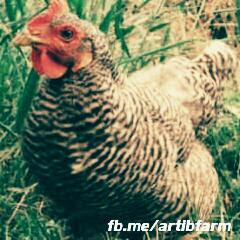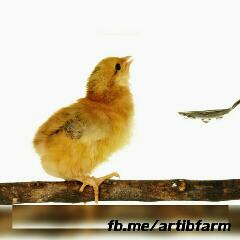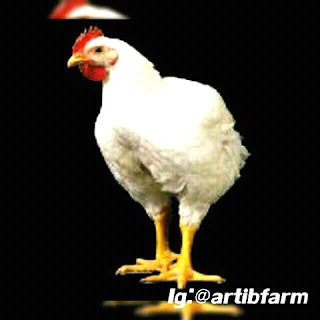How To Vaccinate Poultry Birds

Vaccination is one of the most important program in poultry health management. It contributes immensely to the growth, development and production efficiency of poultry. So, farmers have to pay special attention to the vaccination programme of their birds. Below are the simple steps of vaccinating your birds effectively. #1. You have to be sure that your birds are at least 7-10 days old before administering the first vaccine. #2. The first vaccine is Gumboro. But, some farmers give Lasota first in some cases. #3. It is advisable to withdraw all water from your birds over the night, if it is of cold weather or early in the morning of vaccination and leave them to only feed for about 2 hours if the weather is hot. This is to make them thirsty for them to quickly finish the vaccinated water you will be giving next. #4. Mix a small quantity, like a teaspoon, of Cowbell powder milk or any skimmed in 4 litres of drinking water if your birds are within the range of 50 to 100. 8 litres if t...








